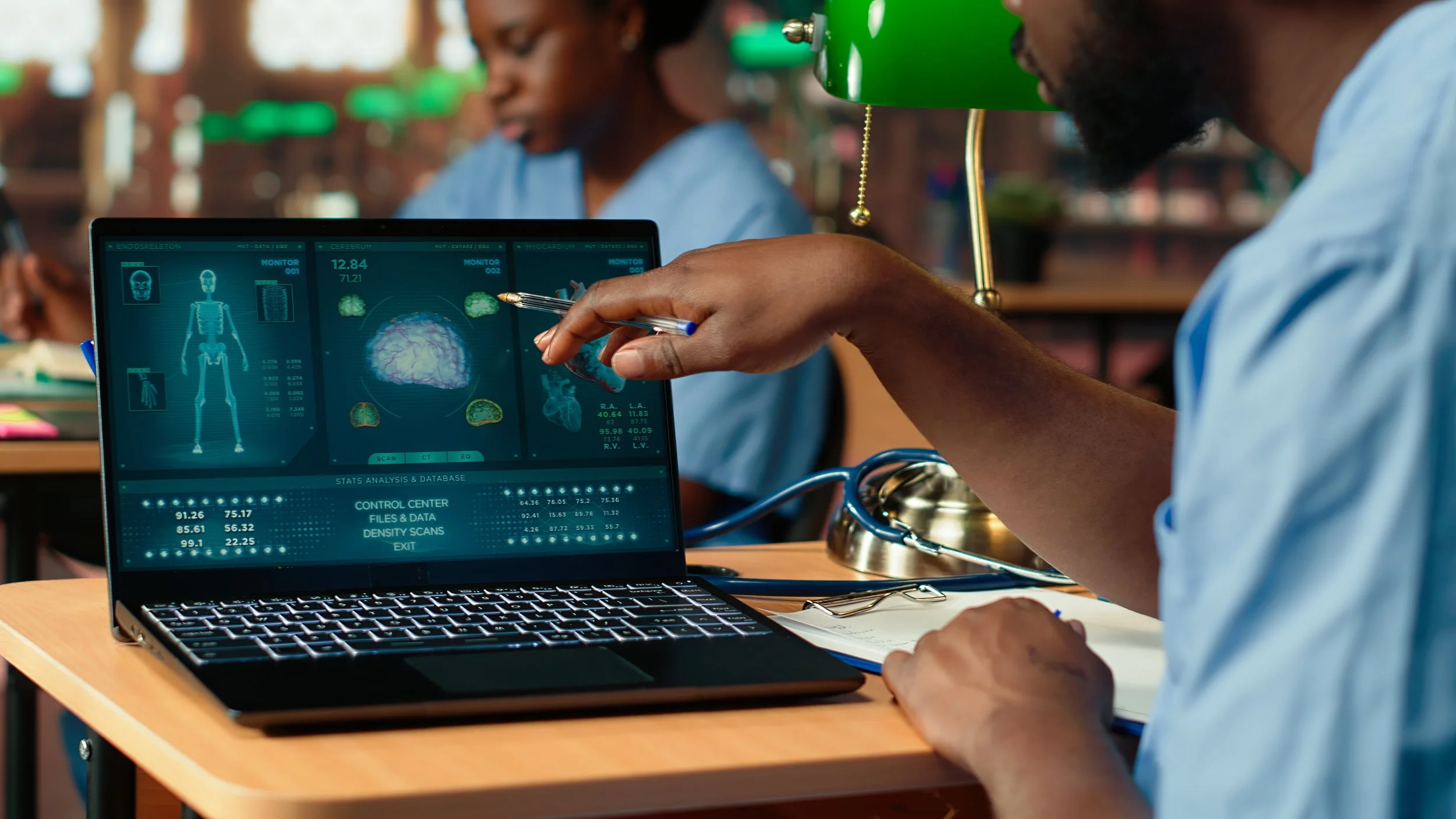What’s Next for Educational Video Production? A Look Into the Future of Workplace Training
Corporate training is quickly evolving away from traditional educational video production as organizations grapple with remote work challenges, skills gaps, and the need for continuous learning. From artificial intelligence-driven personalization to immersive virtual environments, educational video production has become a specialized discipline, blending cutting-edge technology with proven learning principles. Not only is the future of workplace training personalized and highly interactive, but new AI-enhanced learning models improve engagement, knowledge retention, and deliver measurable learning outcomes.
Microlearning Transforms Content Architecture
The shift toward microlearning represents a fundamental restructuring of how educational video production approaches content organization. Rather than creating lengthy training modules, producers now develop bite-sized video segments that focus on single concepts or skills. These focused pieces typically run between two and five minutes, aligning with modern attention spans and mobile consumption patterns.
This architectural change requires sophisticated content mapping to ensure individual segments connect coherently while remaining independently valuable. Producers must design modular systems where employees can access specific skills training without completing entire courses, supporting just-in-time learning when immediate application is required.
Microlearning formats also enable more frequent content updates, as organizations can refresh specific segments without rebuilding entire training programs. This agility proves crucial in rapidly changing industries where procedures, regulations, or technologies evolve continuously. Educational video production teams can maintain current, relevant training libraries through targeted updates rather than comprehensive overhauls.
Interactive Elements Drive Engagement
Static video consumption is giving way to interactive educational experiences that require active learner participation. Modern educational video production incorporates clickable hotspots, branching scenarios, and embedded assessments that transform passive viewing into engaging problem-solving exercises. These interactive elements significantly improve knowledge retention while providing immediate feedback on learner comprehension.
Branching scenarios allow employees to make decisions within video narratives, experiencing consequences of their choices in safe virtual environments. Sales training videos might present customer objections with multiple response options, letting trainees explore different approaches and observe outcomes. This experiential learning approach proves particularly effective for soft skills development and decision-making training.
Interactive assessments embedded within video content ensure comprehension before advancement to subsequent topics. Rather than relegating evaluation to course completion, modern educational video production integrates ongoing assessment that identifies knowledge gaps immediately, allowing for remedial content delivery when needed most.
Extended Reality Integration
Extended reality technologies, encompassing virtual reality, augmented reality, and mixed reality, are expanding educational video production beyond traditional screen-based experiences. VR training environments allow employees to practice dangerous procedures, expensive operations, or rare scenarios without real-world risks or costs. Manufacturing companies use VR simulations for equipment operation training, while healthcare organizations create virtual patient scenarios for medical procedure practice.
Augmented reality overlays digital information onto physical environments, enabling contextual training delivery at the point of work. Maintenance technicians can receive step-by-step video guidance projected directly onto equipment, while retail employees access product information and sales techniques through AR-enabled mobile devices. This integration of digital content with physical workspaces represents a significant evolution in educational video production methodology.
Mixed reality combines virtual and physical elements, creating hybrid training environments that blend real-world contexts with digital enhancements. These sophisticated systems allow for collaborative training experiences where multiple participants interact within shared virtual spaces while maintaining physical presence and natural communication.
Data-Driven Personalization
Advanced analytics platforms now track learner behavior at unprecedented levels of detail, enabling educational video production teams to create highly personalized training experiences. Systems monitor viewing patterns, pause points, replay frequencies, and assessment performance to build comprehensive learner profiles that inform content customization.
Predictive analytics identify employees at risk of training failure before problems manifest, triggering intervention strategies such as additional support resources or alternative content formats. This proactive approach prevents training bottlenecks and ensures consistent skill development across organizations.
Behavioral data also reveals optimal content delivery timing, identifying when individual employees are most receptive to learning and scheduling training accordingly. This sophisticated scheduling optimization maximizes retention while minimizing workplace disruption, addressing a common concern about training program implementation.
Mobile-First Design Philosophy
The proliferation of mobile devices has necessitated a mobile-first approach to educational video production, requiring content optimization for smartphone and tablet consumption. This design philosophy extends beyond simple responsiveness to encompass content structure, visual design, and interaction methods tailored for mobile environments.
Mobile-optimized training videos utilize larger text, simplified graphics, and touch-friendly interface elements that function effectively on smaller screens. Audio quality becomes paramount as employees often consume mobile content through headphones or in noisy environments. Educational video production teams must balance visual clarity with file size optimization to ensure smooth playback across varying network conditions.
Offline capability represents another crucial mobile consideration, as employees may need access to training content in areas with limited connectivity. Modern educational video production incorporates progressive download technologies and local storage capabilities that enable continued learning regardless of network availability.
Collaborative Learning Environments
Social learning principles are increasingly integrated into educational video production through collaborative viewing experiences and peer-to-peer knowledge-sharing platforms. Modern training systems enable group viewing sessions where teams can discuss content in real-time, share insights, and collectively problem-solve challenges presented in training materials.
User-generated content capabilities allow experienced employees to contribute their own training videos, creating organic knowledge libraries that supplement formal educational video production efforts. This grassroots approach captures institutional knowledge that might otherwise remain siloed while encouraging peer mentorship and collaborative learning cultures.
Social features such as comments, ratings, and discussion forums transform individual training experiences into community learning opportunities where employees learn from each other's questions, insights, and experiences.
Ready for Tomorrow's Training Landscape
The future of educational video production promises endless opportunities for creating compelling, engaging, and measurable training experiences. As artificial intelligence automates content creation, interactive technologies enhance engagement, and extended reality expands learning environments, organizations that embrace these innovations will develop more skilled, adaptable workforces capable of thriving in evolving business landscapes.
The convergence of these technological advances with proven educational principles represents a golden age for corporate training, where personalized, data-driven, and immersive learning experiences become standard practice rather than experimental initiatives. At Skylight Video Productions, we specialize in cutting-edge educational video production that incorporates immersive technologies. Our expert team helps forward-thinking companies create training experiences that employees actually want to engage with and that deliver real results. Ready to revolutionize your training strategy? Let’s connect.


